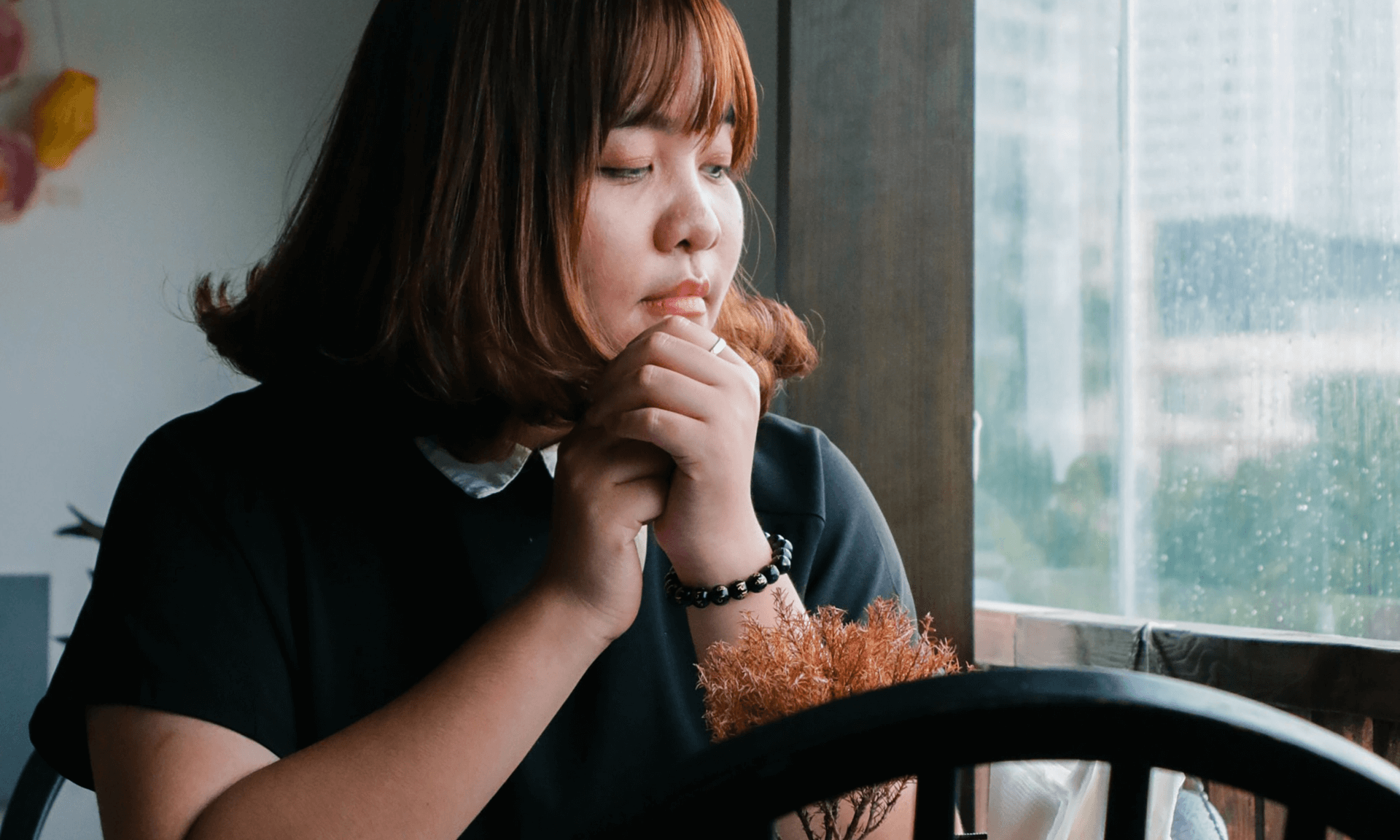All posts
Can domestic violence cause mental illness?
All kinds of domestic and family violence can have damaging and long-lasting impacts on survivors. This includes physical, sexual, financial, psychological, and emotional abuse, as well as coercive control. Research has found that women who have been abused by a partner are three times more likely to suffer mental ill health. Along with fear, shame, […]


All kinds of domestic and family violence can have damaging and long-lasting impacts on survivors.
This includes physical, sexual, financial, psychological, and emotional abuse, as well as coercive control.
Research has found that women who have been abused by a partner are three times more likely to suffer mental ill health.
Along with fear, shame, and reduced self-worth, the impacts of domestic abuse can extend to depression, anxiety, post-traumatic stress disorder (PTSD), and other mental health conditions.
Experiencing or growing up around domestic and family violence can also increase the risk of substance abuse to self-medicate, and even suicidal thoughts or attempts.
RAQ Regional Manager Val explores the connection between mental illness and abuse and shares her advice for survivors.
Effects of Abuse on Mental Health
Abuse doesn’t have to be physical to have ongoing negative effects. Trauma is a normal and common response to any kind of abuse, and trauma is known to significantly impact our mental health.
Research shows experiencing trauma – such as that caused by domestic and family abuse – can contribute to the development of many types of mental illness such as:
- Psychosis
- Schizophrenia
- Eating disorders
- Personality disorders
- Depressive and anxiety disorders
- Alcohol and substance-use disorders
- Self-harm and suicide-related behaviours.
It also shows that childhood trauma not only increases the risk of mental illness, but also the response to treatment. This is because trauma impacts how the brain develops during these formative years.
“All kinds of abuse can affect us in a very deep way,” Val explains.
“We can begin to believe we’re not good enough and we don’t deserve anything good, and this can lead to depression, anxiety, and feelings of low self-worth.”
How Abuse can Impact Future Relationships
Survivors of abuse often bring their feelings of shame and damaged self-esteem into their following relationships.
“Coming out of an abusive relationship can leave marks on our physical and emotional self,” Val explains.
“We can not only carry the physical scars, but also the very deep emotional scars around our self-esteem, physical appearance, and our belief in our self as a functioning human being. This can impact how we see ourselves and how we react in other relationships.”
The emotional impact of domestic and family violence may make it hard to form healthy attachments in future relationships.
Survivors might feel undeserving of love and lack boundaries, which may result in experiencing further abuse if future partners take advantage of this. Or they may find it difficult to trust people and avoid entering another intimate relationship for some time.
It’s important for partners of survivors of abuse to show empathy, patience, and respect, and seek support for themselves if they need some help supporting their partner.
“Abusive relationships can rewrite our story of how we see ourselves.”
Prioritising Mental Health after an Abusive Relationship
It often takes a lot of bravery, support, and planning to leave an abusive environment, and you may need to take some extra steps to stay safe once you’ve left. We offer advice to stay safe after leaving an abusive partner here.
The effects of abuse on your mental health can last well after you experienced it. In fact, you may start to notice symptoms of mental health conditions well after you’ve left your abuser.
It’s crucial to prioritise your mental health and wellbeing during this time.
“Start by looking after your physical body. Eat well, get enough sleep, do some physical exercise, and start to love yourself again,” Val suggests.
“Along with looking after your physical health, it’s important to look after your mental health. Small steps can make big changes,” she says.
“Find what makes you smile and begin to laugh again. Is it art? Music? A good book? Time with family or friends?”
“Surround yourself with positive people who love you, and find a counsellor who will help you work on yourself to become the person you want to be.”
Speaking with a counsellor can help you to rebuild your self-esteem, set some achievable goals, and remind yourself that you are worthy and loveable.
Where to Get Help
“We are often hard enough on ourselves without someone else telling us all the things that are wrong with us or that we aren’t ever going to be good enough,” Val says.
“If you’re around someone who does that to you, ask yourself: Is this what I want for the rest of my life? Your safety is paramount. Find people who can support you and break the cycle of abuse.”
You deserve a life free from abuse. You deserve to be loved in a respectful way, and you don’t have to heal alone. Reach out for help and prioritise your safety and wellbeing.
Our counsellors can help you process your experience in a safe environment free from judgement.
They can work with you to explore your options and refer you to the appropriate support, including legal action where necessary.
You can learn more about our counselling service_here, or call_1300 364 277_to book an appointment in person, over the phone, or via Zoom video call.
We explore more of the effects of domestic violence – including the effects on children who witness domestic and family abuse – here.
Back to all posts